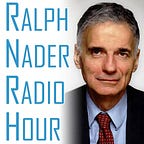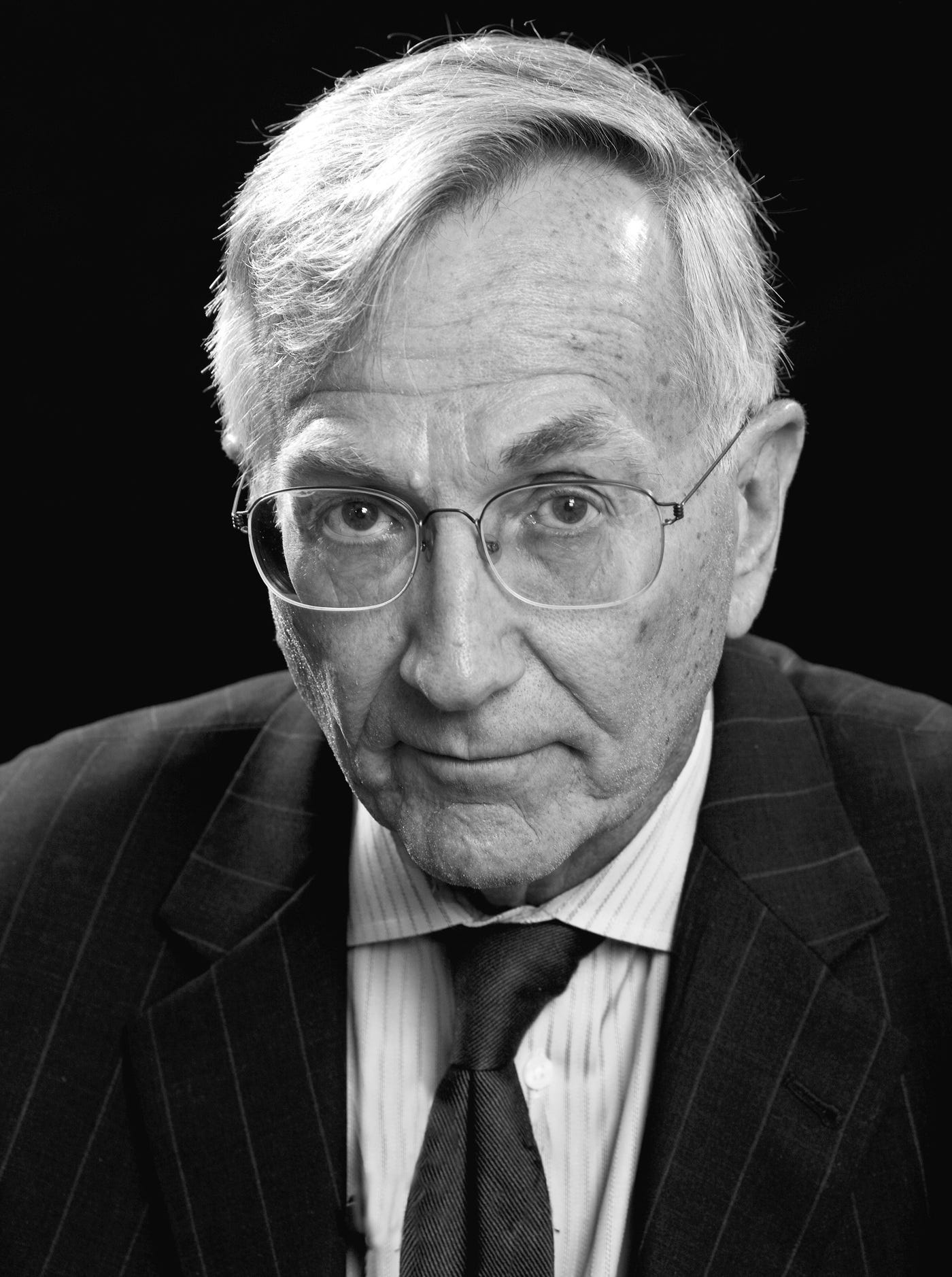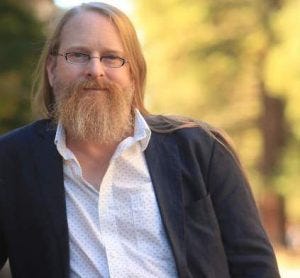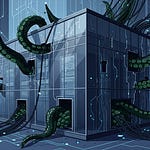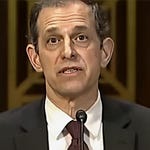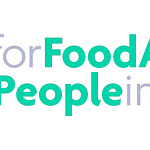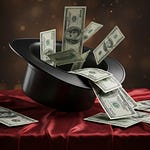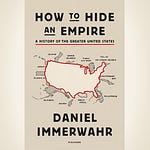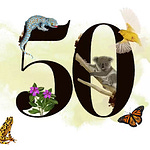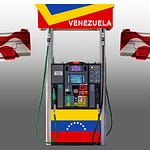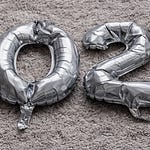Legendary investigative reporter, Seymour Hersh, tells us all about the story he broke that describes in great detail how the U.S. blew up the Nordstream pipelines in a covert “act of war” against Russia. Plus, Mickey Huff, of Project Censored joins us to speak to Ralph about the state of the so-called “free press.”
Seymour Hersh is the pre-eminent investigative journalist of our time. He has won five George Polk Awards, two National Magazine Awards, and more than a dozen other prizes for investigative reporting. In 1970, Mr. Hersh won the Pulitzer Prize for exposing the My Lai Massacre and its cover-up during the Vietnam War. In 2004, Mr. Hersh exposed the Abu Ghraib prison scandal in a series of pieces in The New Yorker. Among his many books are The Price of Power: Kissinger in the Nixon White House, Chain of Command: The Road From 9/11 to Abu Ghraib, The Dark Side of Camelot, The Samson Option, The Killing of Osama Bin Laden, and his latest, a memoir of his storied, decades-long career, entitled simply Reporter.
The pipeline industry all know that Russia didn’t [sabotage the Nord Stream pipeline]. Everybody knows they did not do it. There might have been some vagueness about who. But they were pretty sure all along who. Because who else threatened to do it, but the President and his Under Secretary Victoria Nuland? They’re the two that went public with it— much to the dismay of the people actually doing the covert operation.
Seymour Hersh
We always saw the Russians’ great abundance of gas and the Russian delivery of gas to Europe—from Jack Kennedy in 1962— we saw it as weaponizing gas.
Seymour Hersh
It’s a famous notion that the CIA and all those secret groups, they don’t work for the Constitution. They work for the Crown. They work for the President.
Seymour Hersh
Mickey Huff is the director of Project Censored and the founder and host of The Project Censored Show, a weekly syndicated public affairs program. He is professor of social science, history, and journalism at Diablo Valley College. He has authored and edited several books including United States of Distraction: Media Manipulation in Post-Truth America (and what we can do about it), Let’s Agree to Disagree, The Media and Me: A Guide to Critical Media Literacy for Young People, and Project Censored’s State of the Free Press 2023: The News That Didn’t Make the News—And Why.
[The Norfolk Southern crash] is a bipartisan disaster. It’s a direct example of what happens with regulatory capture. And it shows, once again, the gross failure of the corporate media— they’ll cover balloons, and the Super Bowl, and a bunch of other distractions, instead of things that really matter to working class Americans.
Mickey Huff, co-editor of State of the Free Press 2023: The News That Didn’t Make the News—And Why
You’re not allowed to ask the tough questions, Ralph. And anybody who’s been in the press pool long enough knows that. They don’t have to be told that. The censorship doesn’t have to be directly from the government, or even from the corporate owners. Reporters know that if they ask questions that don’t get answered too often, and get overlooked, they’re going to get yanked. They’re going to get called back to the office. They might end up losing their jobs because they don’t have copy and they don’t have stories.
Mickey Huff, co-editor of State of the Free Press 2023: The News That Didn’t Make the News—And Why
Encourage members of the press not to forget [the 20th anniversary of the US invasion of Iraq on March 19th]. That was a massive war crime— over a million innocent Iraqis died, the country destroyed, falling apart to this day— and Bush and Cheney are luxuriating in the US without any accountability whatsoever. There’s a lot of talk now on the first anniversary of Russia’s invasion of Ukraine. But very little talk about the US and its sociocide destruction of the Iraqi people. And I think that illustrates how important it is to ask questions on subjects that have been taboo or censored.
Ralph Nader

